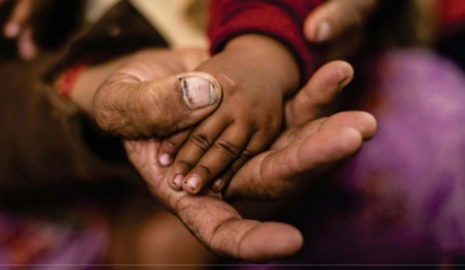WHO guideline on improving early childhood development
A new WHO guideline provides global, evidence-informed recommendations on improving early childhood development through interventions that support responsive caregiving and early learning. Evidence shows that early childhood development is an outcome of healthy, nurturing interactions between caregivers and children, and as such, the guideline focuses on the needs of both the caregivers and young children.Read More →





